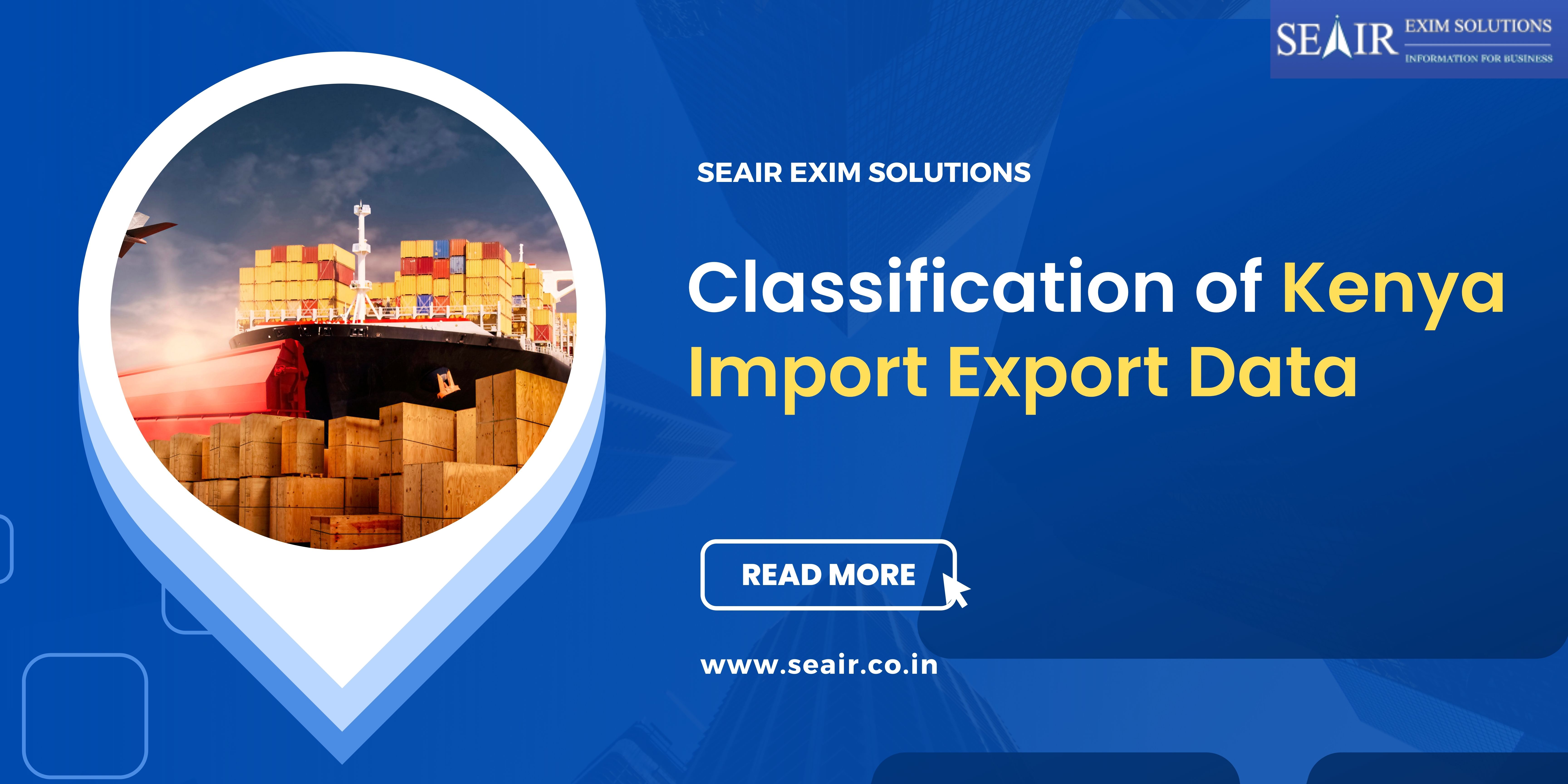How to Enter Kenya with Goods
The latest entry in our series of country blogs explores Kenya, with a particular emphasis on how to export goods to an undeveloped, untamed, and undeveloped nation.
With a developing economy, Kenya trades is making a strong impact with its imports of IT infrastructure, giving the country the means to sustain its citizens and companies through the epidemic and beyond.
Kenya, like many developing nations, is making a concerted effort to imitate the public institutions seen in industrialised nations, and its desire to build out its infrastructure shows no signs of abating. This promotes global trade and aids in maintaining their membership in significant international organisations.
Kenya imports and exports
Kenya is a democratic republic with a presidential representative system, where the President is the head of state and administration and elected politicians are the representatives of the people. Kenya belongs to a number of international organisations, including the International Criminal Court, the World Bank, the International Monetary Fund, the Commonwealth of Nations, and others.
- With Nairobi acting as a significant regional commercial centre, it has the largest economy in eastern and central Africa. (From Wikipedia)
- ISO Symbol: KE
- City of Nairobi
- Official Language(s): Swahili and English
- Cash in KES
- Phone Number: 254
- Internet domain:.KE
- Zone of time: BST+2
Kenyan Conformity Assessment Program for Imported Goods (CAP)
A Conformity Assessment Programme was implemented for all imports into Kenya on December 1st, 2015, to ensure that commodities are secure and meet national standards.
Pre-Export Conformity Assessment (PVOC)
To assure compliance with Kenya's Bureau of Standards, a PVOC (Pre-export Verification of Conformity) Certificate is standard paperwork required for consignments prior to shipment (KEBS). Through this organisation, Kenyan consumers are guaranteed to receive safe, high-quality products that meet or exceed predetermined standards.
There are various procedures involved in obtaining a PVOC Certificate, including paying the fees specified by KEBS. A mandated Certificate of Conformity (CoC), which is required for customs clearance, serves as approval.
A certification of compliance (CoC)
Depending on whether you are an occasional or frequent exporter, a high-volume exporter, or a consolidator registered with the Kenya Bureau of Standards, there are various paths to obtaining a Certificate of Conformity.
Here is a useful video that goes into greater detail on each method.
A CoC, given by a recognised testing organisation like SGS or Intertek, is required for every shipment in order to demonstrate conformity with Kenyan rules. This can entail testing the product that will be imported and inspecting the manufacturing facility directly.
Kenya Imports
The following justifies the existence of the Certificate of Conformity:
- To guarantee that imported products meet consumer requirements for health, safety, and quality
- Governmental Security
- protection of the environment
- Defend against dishonest behaviour
- Ensure the morals of the community and the religious community
- decrease anti-competitive problems
- There are certain exceptions to the CoC process's standards, but they all apply to areas other than electronics, therefore there are no exemptions for any IT or medical products.
How to Ship Documents into Kenya for IT Infrastructure:
To ensure a speedy import and customs clearance, the shipment must have at the very least the following shipping documents:
- The Air Waybill (AWB), which is attached to items transported internationally by courier, contains comprehensive information about the consignment and enables tracking.
- A document that serves as a customs declaration is a commercial invoice.
- Packing list: The items listed on the packing list must correspond to the information on the commercial invoice and the air waybill.
- Sheet of Data (s)
- Certificate of Conformity, as previously mentioned.
Kenya's principal airports
There are three significant airports for air freight into Kenya:
- Airports in Mombasa, Kenya, Jomo Kenyatta International Airport in Nairobi, NBO Mombasa, and NBA
- Eldoret's Eldoret International Airport (EDL)
- duties and taxes in Kenya
- A VAT fee and a number of lesser taxes based on CIF (Cost/Value, Insurance and Freight) make up Kenya's duties and taxes.
- VAT is 16%
- 3.5% Import Declaration Fee
- A 2% railway development levy
If you are not properly prepared to import your goods into Kenya, you run the danger of time-consuming and expensive delays. Please get in touch with us regarding our Importer of Record Services if you need help.
The secret to mastering the world of commerce data is export-import data! Find information about export and import shipments, customs, trade by nation, and more. Get immediate access to top-notch research data. To get insider expertise and insight into the new trading sector, get in touch with our qualified and experienced personnel. Please send an email to www.kenyatradedata.com today!


Comments
Post a Comment